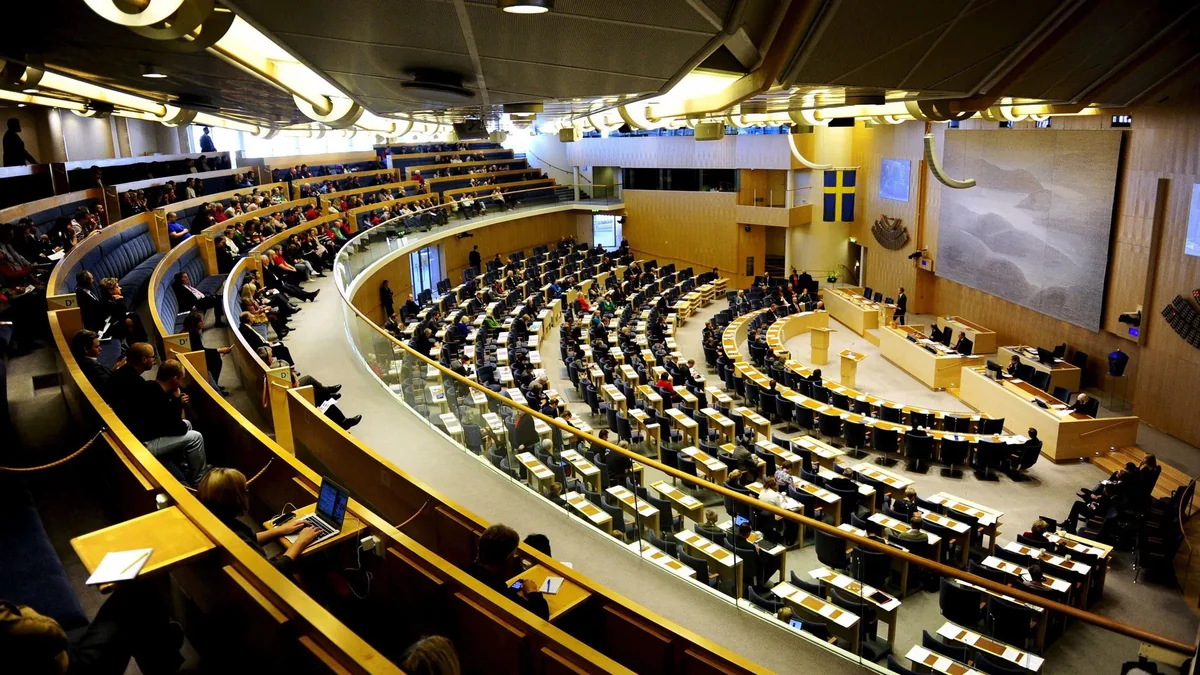Swedish parliament clears way for possible nuclear energy expansion
- 30 November, 2023
- 04:41

Sweden's parliament approved on Wednesday a bill allowing more nuclear reactors to be built than previously planned, scrapping the previous cap of 10, as the Nordic country seeks to boost power generation and energy security, Report informs via Reuters.
The new law will also allow construction of nuclear reactors at sites other than the current plants - Ringhals, Forsmark and Oskarshamn - where Sweden's fleet of six reactors is located.
"The Riksdag shares the government's assessment that fossil-free nuclear power will continue to play a central role in the Swedish energy mix," the parliament said in a statement. "The main reasons for this are an expected greater demand for electricity in combination with the need to phase out fossil fuels, not least for climate reasons."
The legislation was put forward by Prime Minister Ulf Kristersson's government, which aims to build two new conventional nuclear reactors by 2035.
Kristersson has made expanding nuclear power generation a key goal for his right-wing government, after closure of several reactors forced the country to rely more on less predictable renewable energy.
On Wednesday, an outage of Vattenfall's 1,130 MW Ringhals 4 nuclear reactor sent Swedish day-ahead power prices to almost one-year high as unusually cold weather drove up demand, illustrating the dependence.
Sweden voted in a referendum to get rid of nuclear power in 1980, and has only six of original 12 reactors still in operation.
Concerns about energy security in the wake of Russia's invasion of Ukraine in February 2022 that caused a sharp increase in energy prices in Europe, have also played the role.
The government predicts that electricity demand will more than double to around 300 terawatt-hours (TWh) by 2045 due to the transition to a fossil energy-free society.
By then, the current government wants to have 10 new reactors in place by that year, some of which could be small modular reactors (SMRs).
